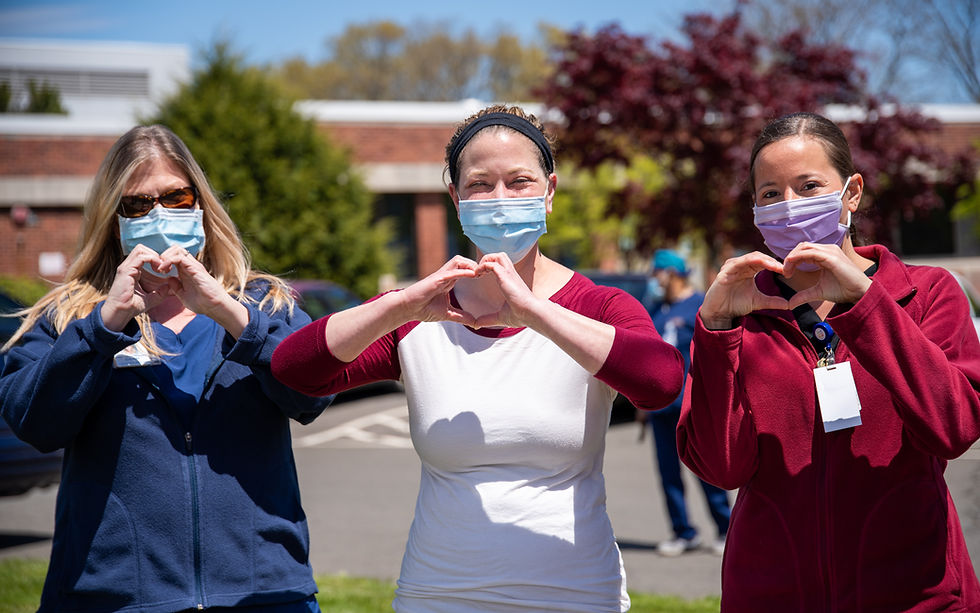Compendium of Health & Wellness Coaching
- Oct 2, 2020
- 2 min read

On May 19 ,2017 the American Journal of Lifestyle Medicine published our article entitled “Compendium of health and wellness coaching literature.” The paper is available to all as an open-access publication and can be found at:
The Compendium is a thorough collection of peer-reviewed literature on the topic of health and wellness coaching (HWC). The paper describes how the Compendium was built while also providing an overview of results presented in the HWC literature.
The authors (G.A. Sforzo, M.P. Kaye, I. Torodova, S. Harenberg, K. Costello, L. Kuo, A. Faber, B. Frates, and M. Moore) applied an operational definition of HWC that emerged from a 2013 SYSTEMATIC REVIEW and then collected 219 articles representing a detailed compendium of most everything written about HWC in the scientific literature since 2000.
The HWC Compendium is organized into two parts with Part A containing 150 data-based research papers and Part B containing 69 commentary/position/review papers. The Compendium is current through June of 2016 and each part (A and B) is sub-divided into categories for cancer, cholesterol, diabetes, heart disease, hypertension, obesity, and wellness.
The columns of Part A spreadsheet provide the reader with many details about each article, including a brief critique and results. The number of HWC papers on obesity and diabetes management are greater than 30 and about half are randomized and controlled trials (RCT) – the type of research often cited as the most powerful and convincing. The Wellness category also contains over 30 articles but within it resides several topics too small to be given a separate category. In Wellness you can find HWC papers on fibromyalgia, multiple sclerosis, and glaucoma, as well as numerous papers on risk-factor reduction (e.g., smoking cessation). The point is, no matter what kind of HWC research information you seek, the Compendium is organized to help you find what you need.
There is a lot to learn from perusing and exploring the Compendium. The Results Summary provided in each patient/client category generally support the positive benefits of HWC. The findings are particularly well-detailed in patients who have diabetes and obesity. Although less extensive, the potential quality of life benefits from HWC for cancer patients is also impressive. While the authors do provide some cautionary critique and call for more research, the consensus theme speaks of advantages gained through HWC intervention.
A major purpose of the Compendium is to assist health and wellness coaches (especially Wellcoaches) as well as researchers of HWC. The information in the Compendium can be used to understand how different client/patient presentations are treated with HWC and to potentially get ideas on how to work with a client you are seeing. For someone interested in doing HWC research the Compendium will be an invaluable resource for searching literature and helping to identify gaps in the HWC research. In other words, the Compendium is a new tool available to help the HWC profession.
The Compendium project was fully endorsed and supported by Wellcoaches. Margaret (Moore) provided invaluable impetus for this work and it would not have happened without her encouragement and guidance. Wellcoaches aims to be a driving force behind projects such as the Compendium, helping to advance not only the Wellcoaches family but the coaching profession in general.




Comments